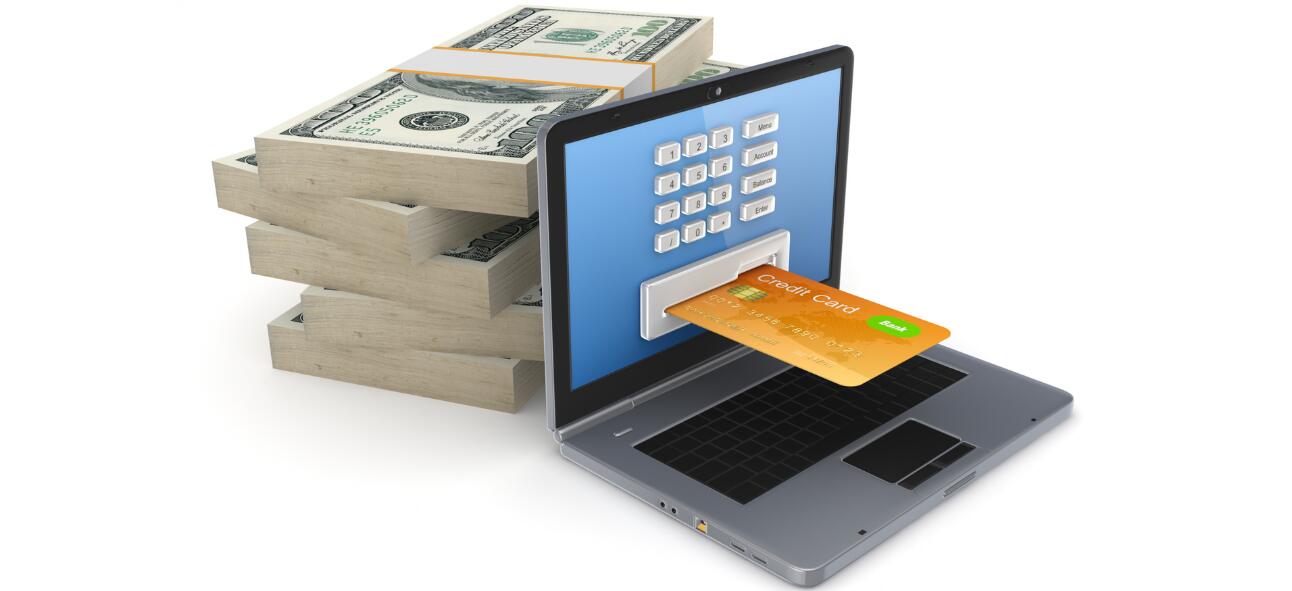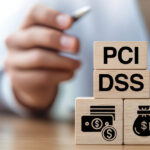As e-commerce booms throughout Europe, selling online can be a great way to reach more customers. In 2022, 75% of people in the EU shopped online. And this will grow: research from Statista says the e-commerce market in Europe will reach USD 730 billion by 2023. For brands looking to surf this growth wave, selling online is essential. But in order to sell online, you must first be able to accept digital payments. And for this, you must use the right tools and payment gateway to secure your payments.
So, what is a payment gateway?
A payment gateway is a service (offered by a payment services provider, like Novalnet) that allows your business to accept online payments. Using a gateway, you can accept payments from buyers, anywhere in the world, in multiple currencies. A payment gateway acts like an intermediary between customers and merchants, enabling payments and keeping merchants and customers from fraud. It follows strict processes to secure data as defined by the PCI DSS compliance standards, including periodic audits and recertifications. Payment gateways also encrypt sensitive payments data before sending it from the merchant to the acquiring bank.
Choosing the best gateway for your business depends on many factors. But the best one for your business will be the one that supports multiple payment methods, while simplifying the checkout process.
How does a payment gateway work?
A payment gateway uses a set of steps to complete a purchase/ payment on an online e-commerce store. This is how it works:
- Customer selects the product or service they wish to buy and hit the “pay now” button. This leads to a payment page – where they choose a payment method and enter their payment details. This info is passed to the payment gateway. The payment gateway is integrated to the e-commerce store using a plugin.
- The payment gateway encrypts the payment info, performs fraud checks, and then sends the data to the acquiring bank (the merchant’s bank).
- The acquiring bank sends the data to the issuing bank (the customer’s bank), who then verifies the payment data, checks if the customer has sufficient funds in their account, performs fraud checks, and finally authorizes the payment
- After the issuing bank authorizes or declines the payment, the message is relayed back to the payment gateway, which then sends the message to the merchant. Based on the message, the merchant either displays a payment confirmation message, or asks the customer to provide another payment method.
- Once the payment is confirmed, the merchant’s bank deducts the funds from the customer’s bank account, and credits them to the merchant account.
This entire process is completed within a matter of seconds, though most of it happens behind the scenes.
Read more: How to Add a Payment Gateway to Your Online Store
3 Security Features your Payment Gateway Must Have in 2023
Keeping confidential payment data secure and complying with payment regulations is essential for any payment gateway. The growth in e-commerce has led to a surge in fraud – global online payment fraud will hit $48 billion by 2023. This makes it imperative that you invest in a payment gateway that comes with efficient risk management solutions that can prevent fraud, and keep your customers and business safe. For example, when you work with Novalnet, you get the benefits of 100% secure transactions, full compliance, and faster transactions.
Here are three features that your payment gateway MUST have.
1. PCI DSS compliance
Firstly, ensure your payment gateway is PCI DSS compliant. The Payment Card Industry Data Security Standard (PCI DSS) is a security standard that was created in 2004 by Visa, MasterCard, American Express, and Discover, to process online payments securely while preventing the misuse of a customer’s payment data. Since then, it has become an essential part of processing online payments.
If you are a merchant who accesses, stores, and processes customer payment data, you must comply with the PCI DSS norms. Even if you use a third-party processor, you still have to comply with the PCI DSS guidelines. Non-compliance carries potential liabilities for merchants, including fines, penalties, or even being debarred from doing business. Novalnet’s payment gateway is 100% PCI DSS certified, which ensures all your payments are processed in a fully secure environment.
Read more: PCI DSS – Why Does Your Business Need It?
2. Tokenization
Secondly, always use tokenization.Tokenization is the process of encrypting a customer’s card details into a series of random numbers, known as a token or alias. This token is used in in place of an actual card to securely make payments. A merchant can create as many tokens as required from one physical card. With tokenization, customers need to enter their card details (payment info) only once. This info is then encrypted and stored in a secure, external server and can be recalled in every subsequent p[purchase. The customer need not re-enter their details again, the next time they shop online. This technology helps merchants create safer and smoother payment experiences for their customers. A token cannot be used by a hacker, because it is just a set of random numbers.
Read more: 4 Ways How Tokenization Makes E-commerce Checkouts Smoother
3. 3D Secure authentication
Thirdly, use 3D Secure to verify your payments. 3D Secure is a global security protocol to protect users from online card fraud. When a customer makes a payment online using a credit or debit card, 3D Secure verifies it using two of three factors:
- Something the user knows, such as a PIN or password
- What the user has, such as a card, token, or phone
- Something the user is, such as a fingerprint or iris scan
The payment is approved only after these details are provided by the user. This added layer of security helps to reduce fraud, while shoppers can enjoy a safer buying experience. Payment regulations in Europe, such as the PSD2 (revised payment services directive), mandates the use of strong customer authentication, or SCA, in all online payments. 3D Secure helps you to comply with these regulations. Always ensure you use the latest versions of 3D Secure to stay up to date with your security.
Read more: What is 3D Secure 2.3 And Why Do Merchants in Europe Need to Use It?
How can Novalnet help you secure your payments?
Novalnet’s payment gateway is fully PCI DSS compliant and comes with the highest levels of security. When you work with us, you get access to a host of resources – from instant payment plug-ins to AI-based risk management tools – to get you up and running with your payments in no time, and with zero hassle. As trusted advisors to Europe’s leading brands, we have all that you need to make and accept payments globally. Reach out to us today to know more.

Gowri Shankar is the IT Application Security Manager at Novalnet with versatile knowledge in Programming and System/Security architecture. Having 11+ years of experience in the financial services industry, Cybersecurity, Payment Card Industry Data Security Standard (PCI DSS). Certified in Advanced Payment Card Industry Security Implementer (CPISI 2.0), Secure Software Lifecycle Professional (CSSLP) from (ISC)².










